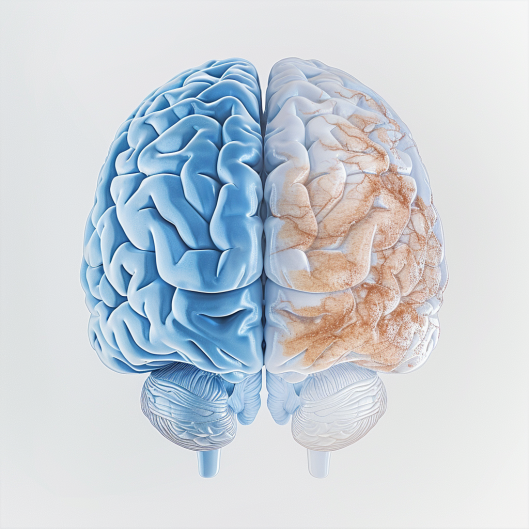This study by Mancini et al. (2021) examines how early treatment with selective serotonin reuptake inhibitors (SSRIs) affects cognition and brain development in individuals with 22q11.2 deletion syndrome (22q11DS). This syndrome is associated with a high risk for schizophrenia, making it an important focus for research into psychosis and its developmental impacts. The authors conducted a retrospective cohort study to assess long-term outcomes related to cognitive function and brain structure.
Background
22q11DS is a genetic disorder that predisposes individuals to a range of psychiatric and cognitive challenges, including a heightened risk for schizophrenia. The potential for early interventions to mitigate these effects has been of significant interest in recent years. Mancini et al. sought to evaluate the role of SSRIs, a class of medications commonly used for mood and anxiety disorders, in influencing cognitive outcomes and brain development within this population.
Key Insights
- Improved Cognitive Trajectories: Participants treated with SSRIs showed improved IQ scores and developmental trajectories, even in the presence of psychotic symptoms.
- Changes in Brain Structure: Increased cortical thickness in the frontal regions and greater hippocampal volume were observed among those receiving SSRIs.
- Timing Matters: The benefits of treatment were more pronounced in participants who began SSRIs at younger ages, suggesting earlier intervention may be more effective.
Significance
The findings suggest that early, sustained SSRI treatment may help reduce cognitive decline and mitigate some developmental brain abnormalities associated with psychosis in 22q11DS. This has implications for developing strategies to improve long-term outcomes in individuals with this genetic condition. However, as this study is preliminary, further research is necessary to confirm these results and to better understand the risks and benefits of SSRI use in this context.
Future Directions
Further studies should investigate the mechanisms underlying the observed cognitive and brain development changes, explore the generalizability of these findings to other populations at risk for psychosis, and assess the long-term safety and efficacy of early SSRI interventions. Expanding these studies to include larger and more diverse cohorts will enhance the reliability and applicability of the results.
Conclusion
This study provides encouraging evidence for the potential role of SSRIs in supporting cognitive and brain development in individuals with 22q11DS. While the findings are promising, careful and comprehensive research is required to refine early intervention strategies and ensure their safety and effectiveness for at-risk populations.
Reference:
Mancini, V., Maeder, J., Bortolin, K., Schneider, M., Schaer, M., & Eliez, S. (2021). Long-term effects of early treatment with SSRIs on cognition and brain development in individuals with 22q11.2 deletion syndrome. Translational Psychiatry, 11, 336. https://doi.org/10.1038/s41398-021-01480-3










